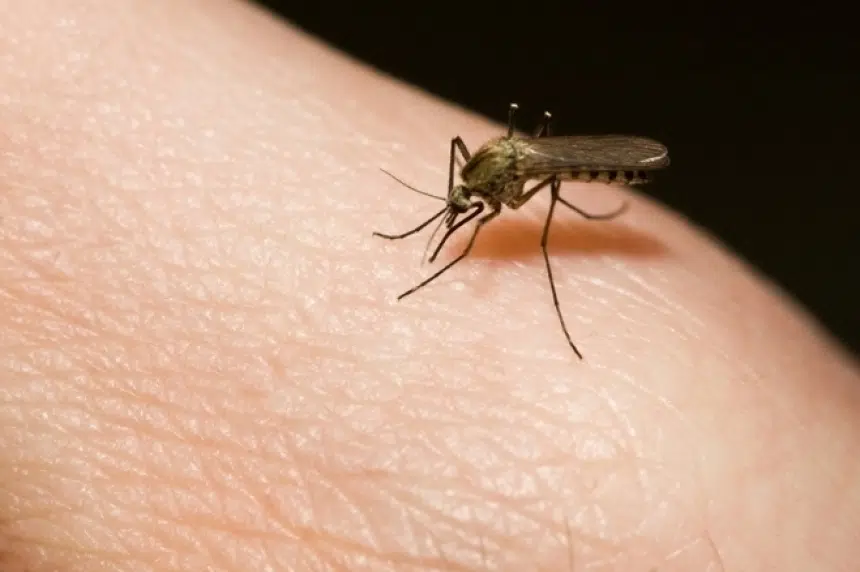A Canadian professor is speaking out on the dire development of Zika virus in Brazil ahead of this year’s summer Olympics in Rio de Janeiro.
Amir Attaran, a University of Ottawa professor in the faculties of medicine and law, is calling for the international sporting event to be moved or postponed.
“There is no other state in Brazil that has more reported Zika cases than Rio,” Attaran told the Brent Loucks show Monday.
Attaran noted Rio has the fourth highest rate of ongoing disease transmission in Brazil.
With the Summer Olympics slated to kick off in August, the professor – who is a self-described fan of the games – said the high risk of spreading the disease elsewhere should take precedence.
“When you have that situation, does it make sense that just for the sake of a party – because that’s what the Olympics are – to bring in a half million tourists, some of whom will certainly become infected?” he said.
“It doesn’t make sense to expose those people to that risk, and have them return to all the countries of the world where they come from…where that infection can be passed on and create new epidemics.”
Epidemics, he said, that would continue to reproduce the same signs of Zika now known in Brazil: babies born with shrunken heads and severe brain damage.
Currently, Attaran said Brazil’s government counts 7,000 suspected cases of babies born with these conditions.
“It’s not a pretty thing to look at, should we be tempting fate this way?”
Additionally, Zika has been linked to Guillain-Barré syndrome, a rare but serious neurological disorder that could lead to paralysis and death.
Mosquitoes are the primary vectors of Zika, but an infected person can also transmit the virus to another person through unprotected sex.
Zika usually causes mild symptoms, and most people will not develop any.
While the professor notes the Olympics will take place during winter in the southern hemisphere, and therefore have lower mosquito counts, it doesn’t stop the high risk in Rio; a threat, he said, the World Health Organization (WHO) and International Olympic Committee (IOC) are conveniently glossing over.
“They hadn’t spoken up since January, and the situation has changed dramatically since then,” said Attaran, noting the recent public address on the issue came after a piece he wrote for the Harvard Public Health Review published last week.
“As soon as I published that, the IOC and the WHO spun into high gear and they put out new statements; but they had been trying to avoid it since January and what they’re saying is, ‘Nothing to see here, move on, carry on with the games. ’”
In a statement dated May 12, the WHO recognized that athletes and visitors are seeking more information on the risks of Zika and ways to prevent infection while at the Olympic games in Rio.
It outlined several methods of decreasing risk such as wearing shirts and staying inside to avoid mosquitos, practicing safer sex or abstinence and avoiding impoverished and overcrowded areas.
Pregnant women continue to be advised not to travel to areas with ongoing Zika virus transmission.
Attaran said he’s disappointed, but not surprised, the WHO isn’t taking a firmer stance ahead of the Olympics; in February, the organization called the Zika outbreak in Brazil a “public health emergency of international concern.”
“I think the answer is simple; the WHO is too cozy with the IOC – they have signed a partnership agreement, they’re keeping it secret – we have real reasons to doubt they’re giving good advice,” Attaran said, adding the IOC has little incentive to deviate from the plan for the Olympics as it stands.
“It’s their pay day, they’ve got money in this game and the IOC wants to see the games move ahead because they’ve got billions of dollars in it for them,” he said.
The professor acknowledges athletes are in a tough position; they want to compete and succeed at the once-in-a-lifetime opportunity.
“But I don’t think anything is lost by letting them compete a few months from now; just enough time to get Zika really under control in Rio, or maybe letting them compete in…one of the other cities where the Olympics have taken place,” he said.
“Can the world accept just a little bit of waiting – a few more months because that’s what it takes – so that we’re not putting the world’s health at risk?”
The Summer Olympics in Rio de Janeiro, Brazil are slated for August 5 to 21; the Paralympics follow on September 7 to 18.











